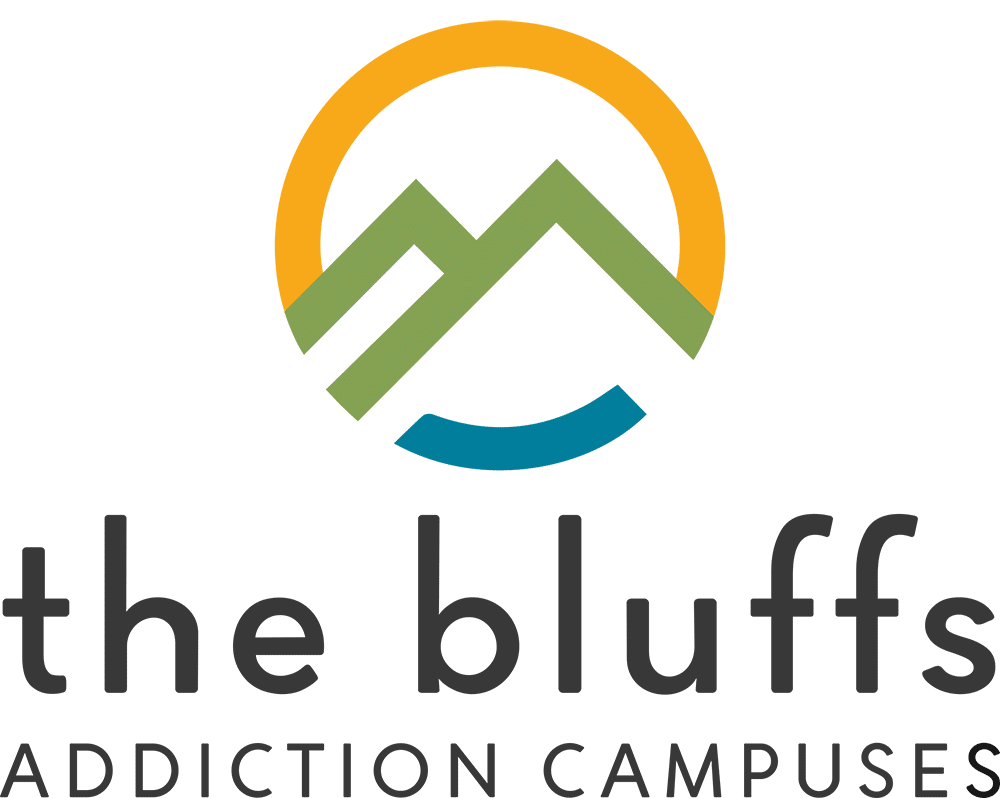Alcoholics Anonymous (AA) is probably the best-known self-help group for people struggling with drug or alcohol addictions. The idea of attending an Alcoholics Anonymous meeting can be a little overwhelming when you are new to recovery. However, knowing what to expect during AA meetings before attending is helpful. The Bluffs includes the Alcoholics Anonymous program as part of our comprehensive services. Contact The Bluffs today at 850.374.5331 if you or someone you care about could benefit from AA.
What to Expect During AA Meetings
Most meetings consist of a reading or topic introduction from the facilitator and personal sharing from each attendee if they wish. No one is required to speak at an AA meeting if they don’t wish to. Most meetings last about 60 to 90 minutes, with social time reserved for after the meeting has concluded.
There are different types of formats included in Alcoholics Anonymous meetings:
- Open meetings for people with addiction as well as their friends and family members
- Closed meetings for those who are personally struggling with addiction
- Gender-specific meetings
- LGBTQ+ meetings
- Discussion meetings focus on a specific topic that doesn’t necessarily center on addiction
- Speaker meetings feature well-known or inspirational speakers in the recovery community
- Panel presentations
- 12-Step study meetings are typically closed and focus on a single step in the AA program
- Question-and-answer meetings are a good opportunity to learn more about all aspects of AA
- Literature discussion meetings revolve around the main Alcoholics Anonymous reference guide, called the “Big Book”
Meetings may be held at treatment centers like The Bluffs, churches, community centers, and other public spaces. There are no formal requirements for joining AA meetings. People who are interested in attending can simply show up to an appropriate meeting in their area. There is no charge to attend meetings. However, donations are always accepted and used to cover refreshments and other costs related to the meeting.
3 Myths About Alcoholics Anonymous Meetings
AA was first founded in 1935. Since then, there have been many misconceptions and misunderstandings about what the group is and what it does. One of the most common myths is that the organization is anti-alcohol and would like to see it legally banned. AA is not anti-alcohol. However, the organization does believe that people with alcohol use disorder should abstain from any type of alcoholic drink.
Other common myths include:
1. AA Is a Religious Organization
The 12 steps that are used to guide recovery in AA do refer to a Higher Power or God. However, AA is not a religion and doesn’t discriminate against atheists or others who aren’t religious. Each person is encouraged to define “Higher Power” in their own way. It could refer to a person’s conscience, family, or recovery community.
2. AA Is Therapy
While going to AA meetings may be therapeutic, it isn’t formal therapy by any means. Meetings are facilitated by members who have been successful in maintaining their recovery long-term and aren’t necessarily trained therapists.
3. AA Is a Cure for Addiction
Alcoholics Anonymous doesn’t claim to be a cure for addiction. In fact, the teachings of AA indicate that there’s no cure for addiction. There is only treatment and abstinence.
When wondering what to expect during AA meetings, newcomers can rest easy knowing that they won’t be forced to join a religion, participate in therapy with unqualified providers, or given any false “cures” for their disorders.
AA meetings are places where those in need find unconditional support and tools that can help them get and stay sober.
Find Alcoholics Anonymous Meetings at The Bluffs
The Bluffs believes that self-help meetings like Alcoholics Anonymous can be a crucial part of recovery support for some of our patients. That’s why we offer AA and other self-help meetings as part of our overall treatment program. Call The Bluffs at 850.374.5331 for more information about our program options.








